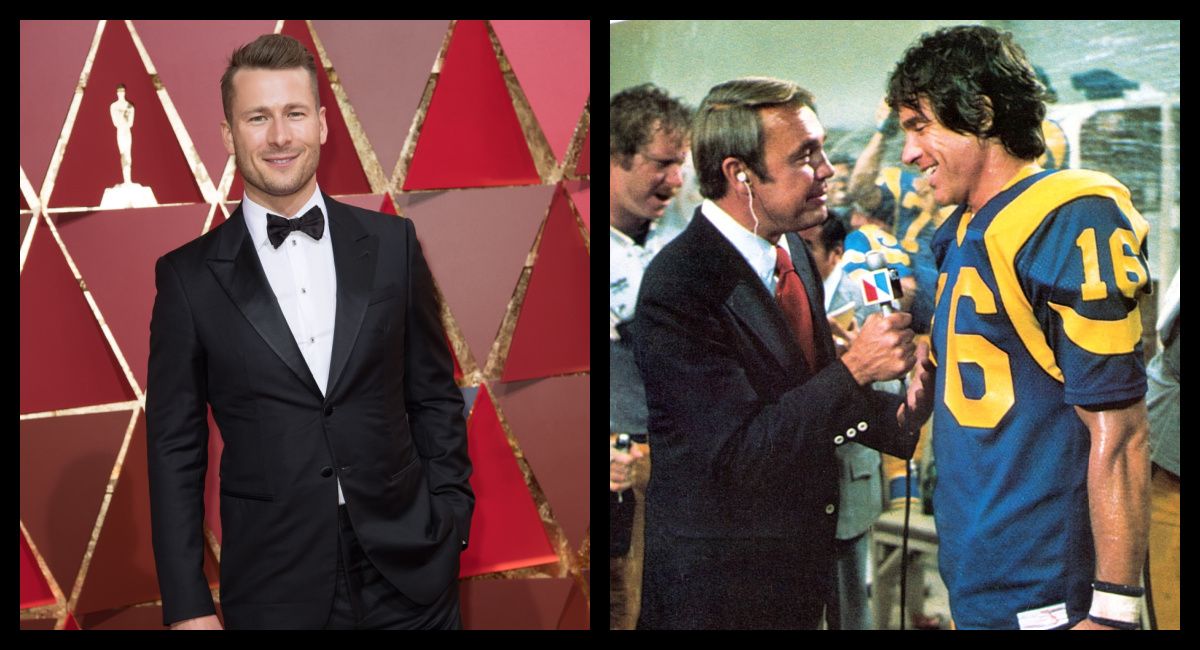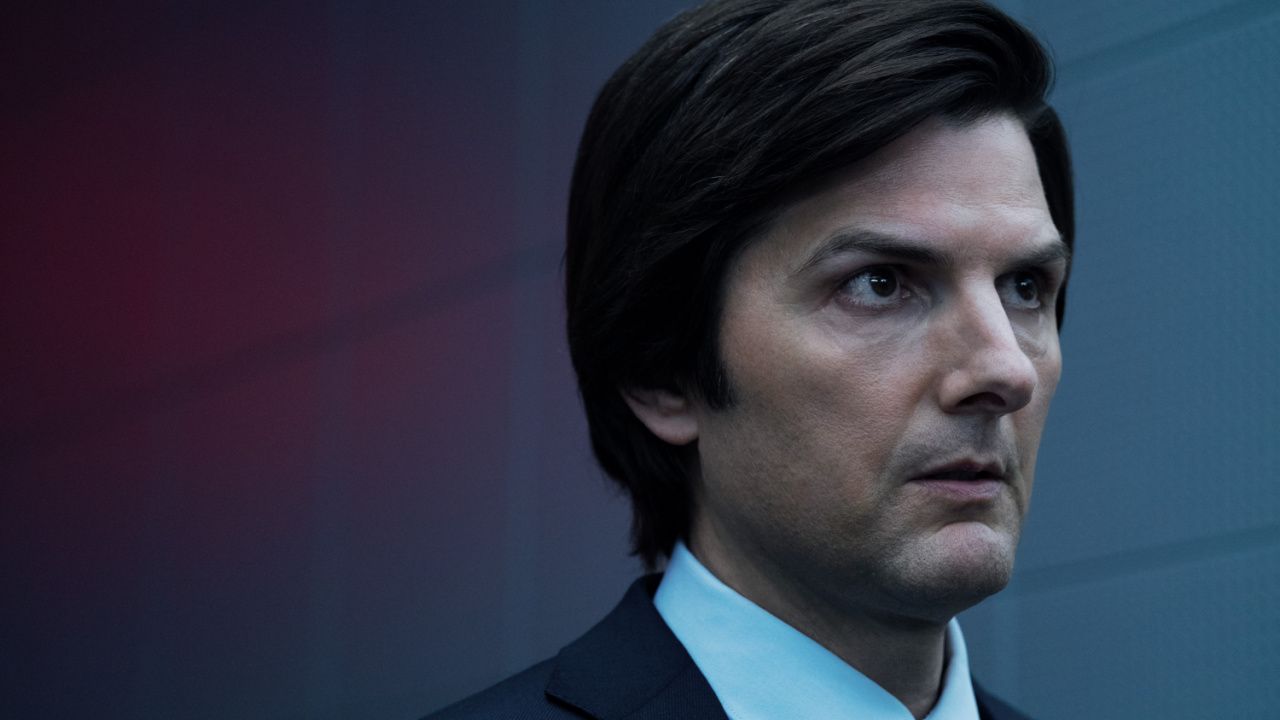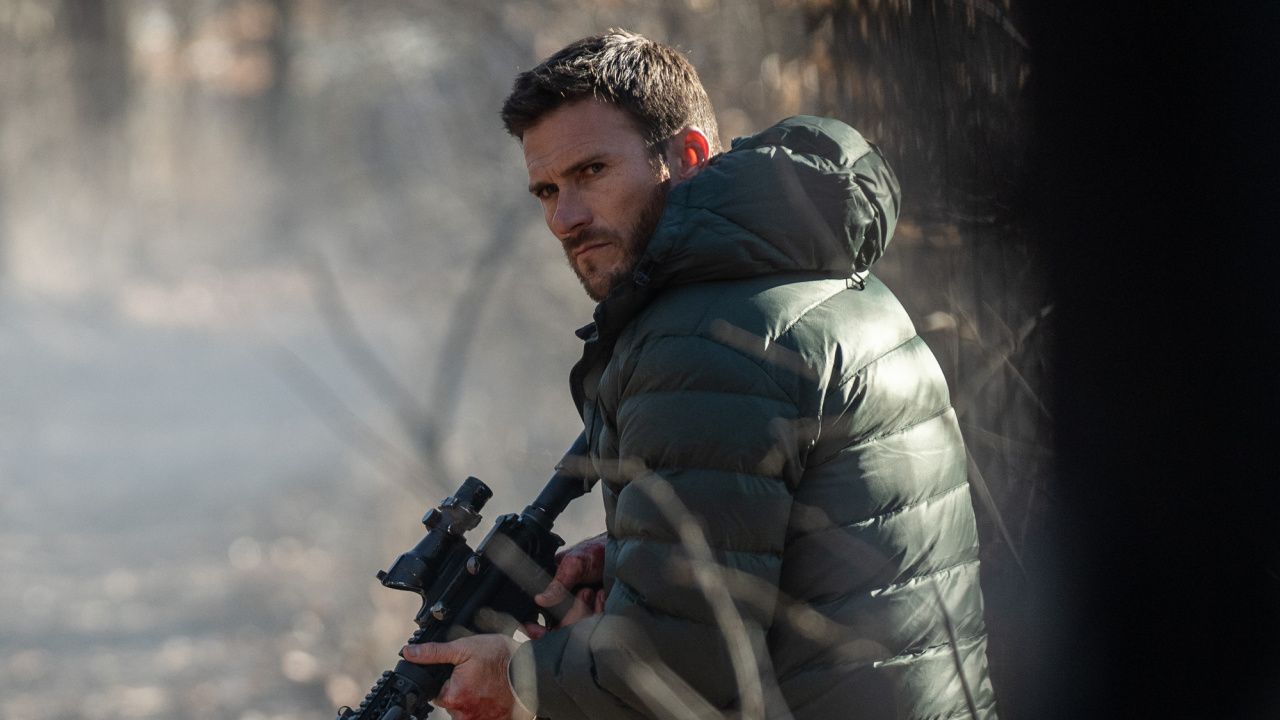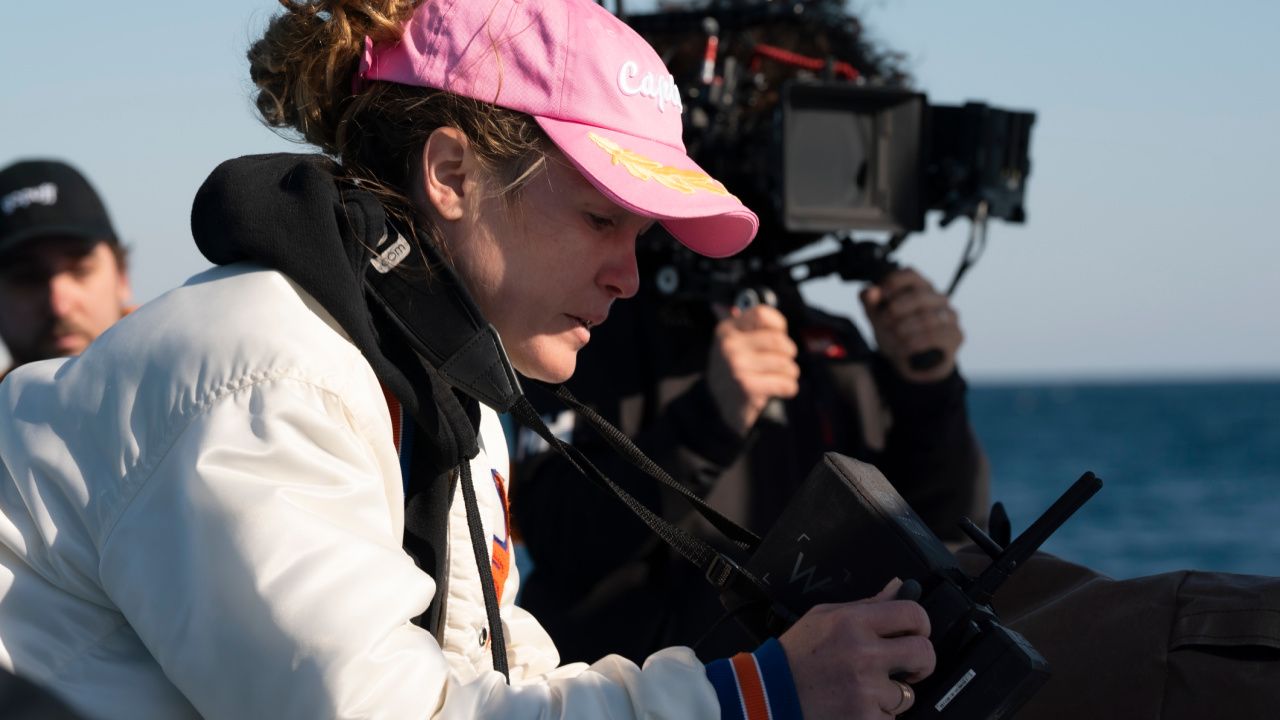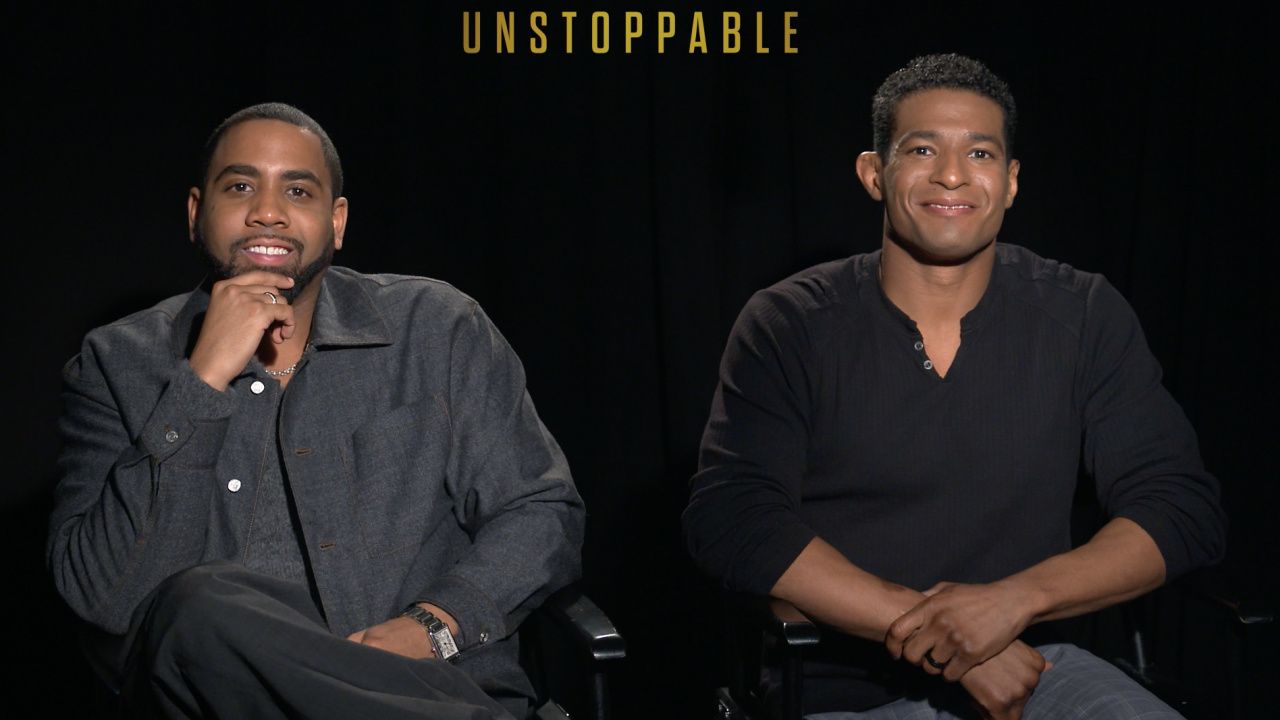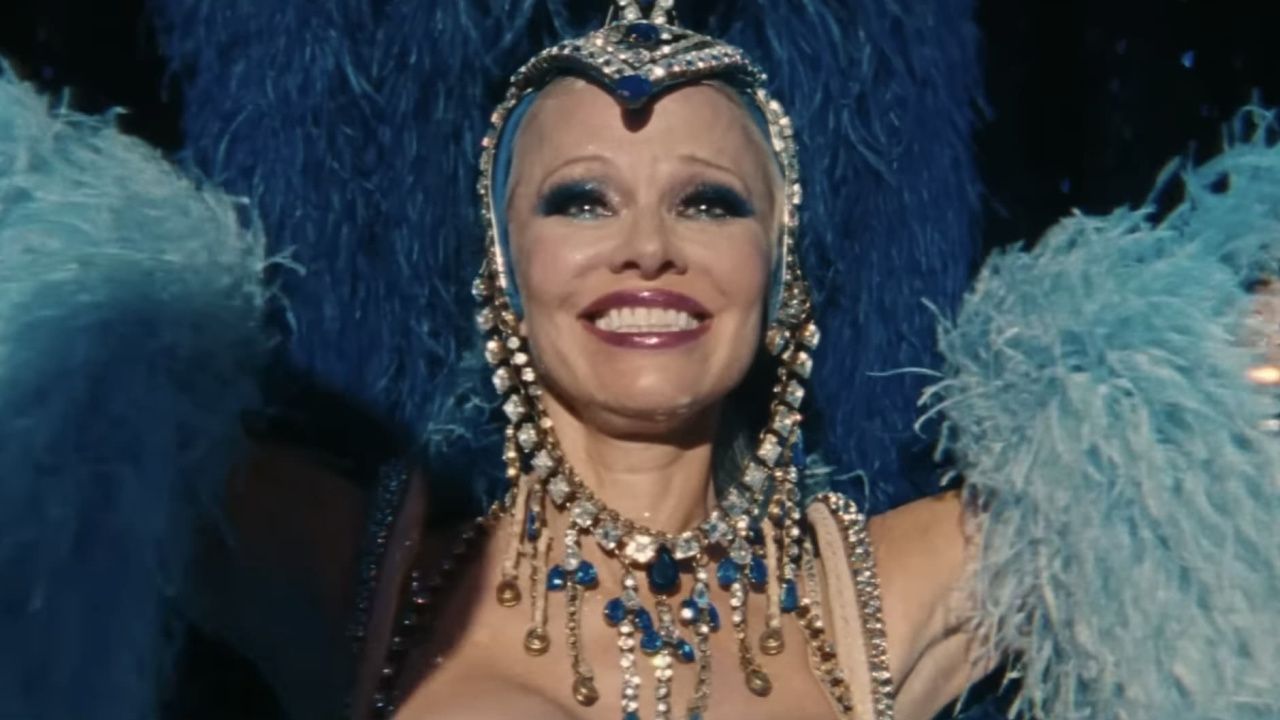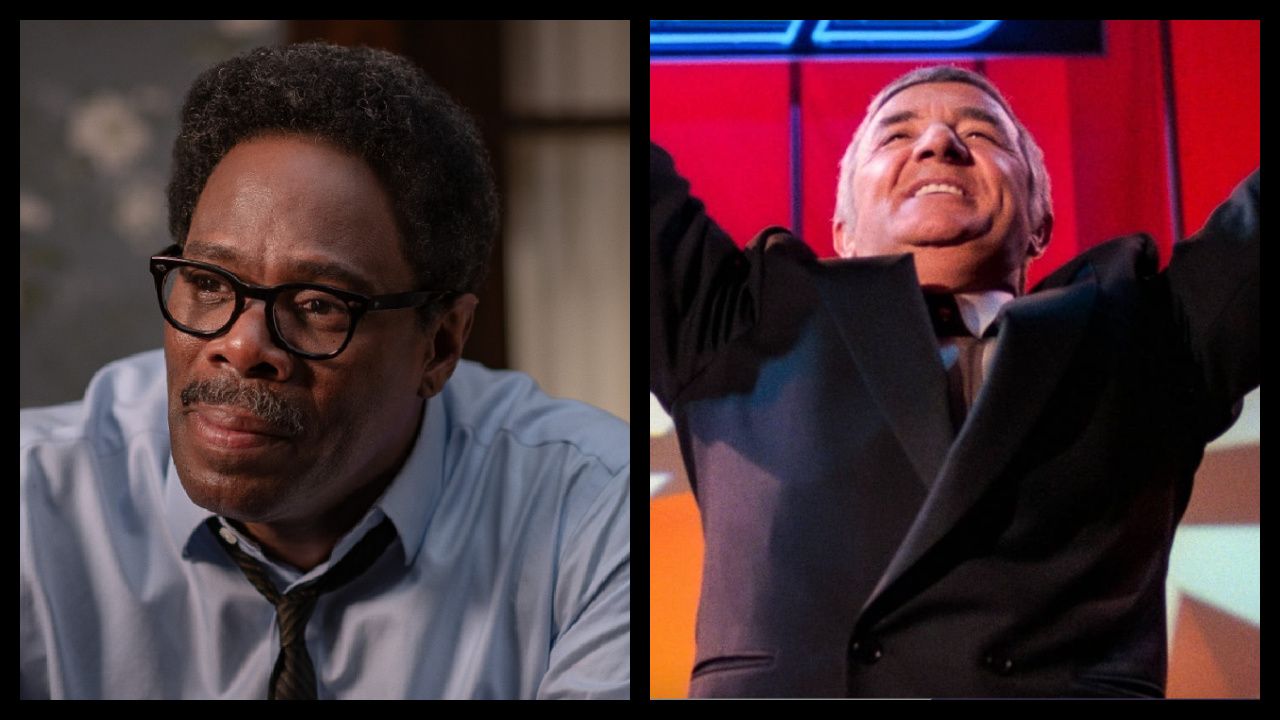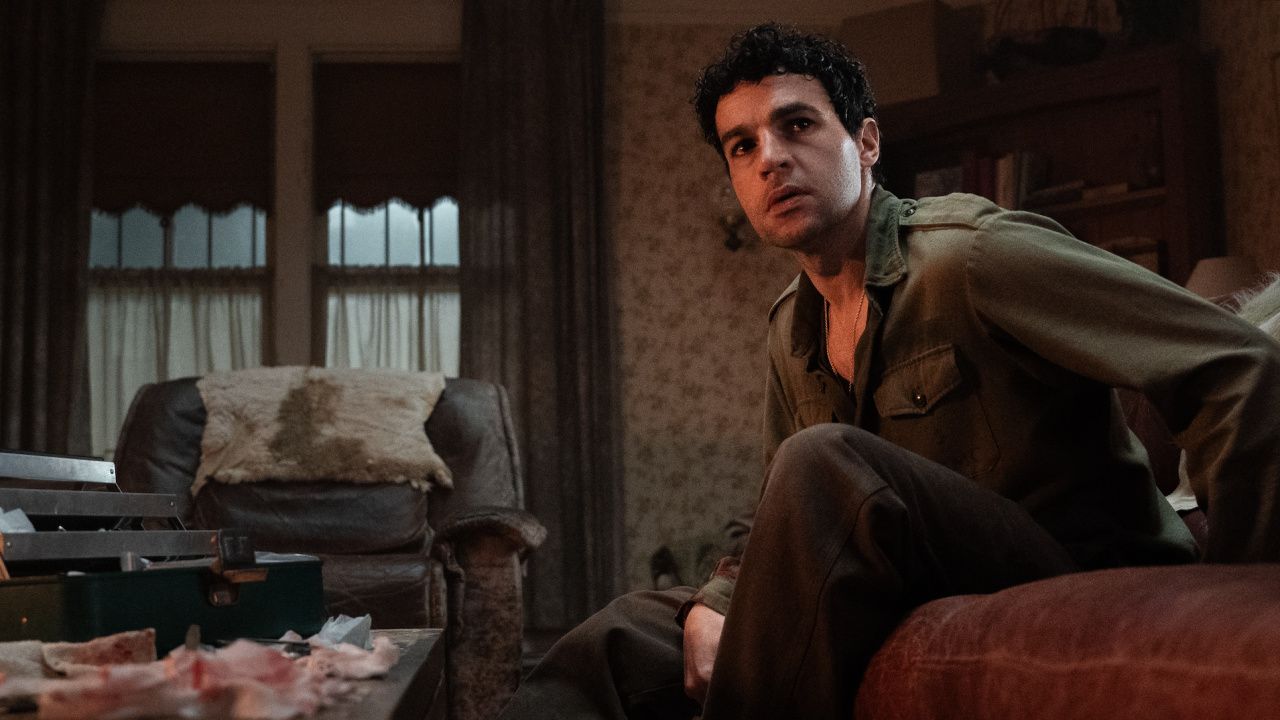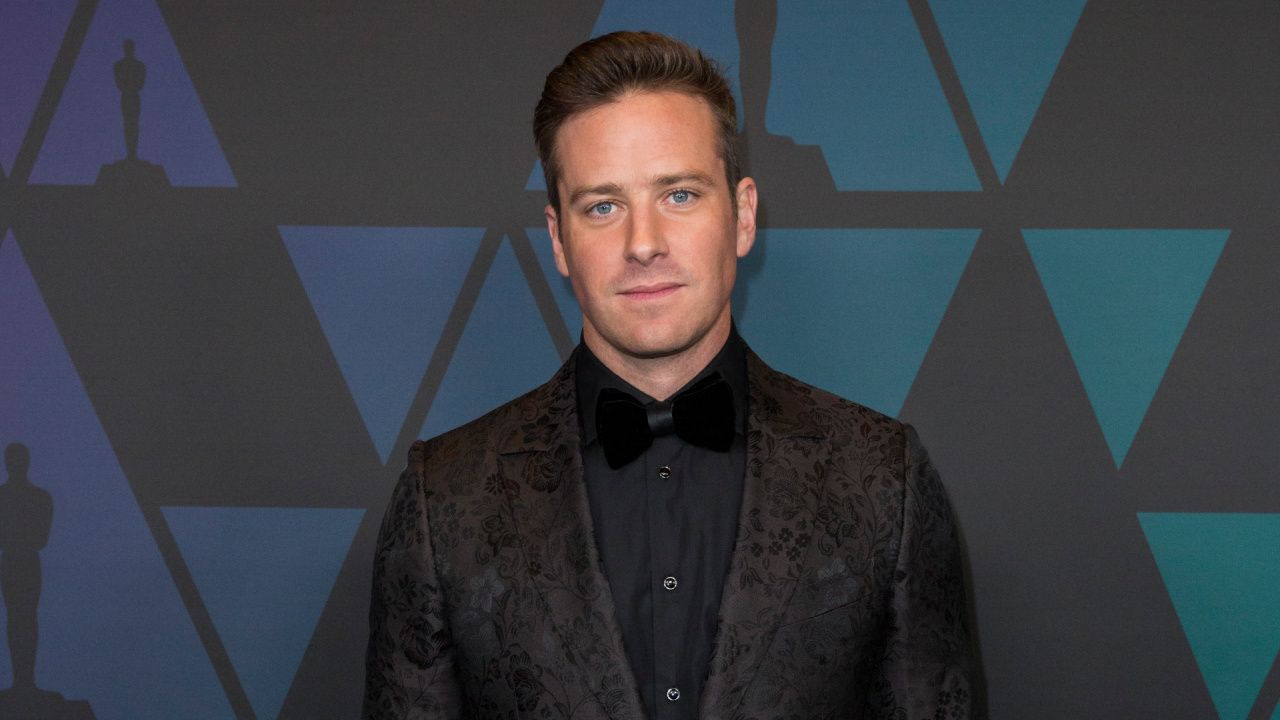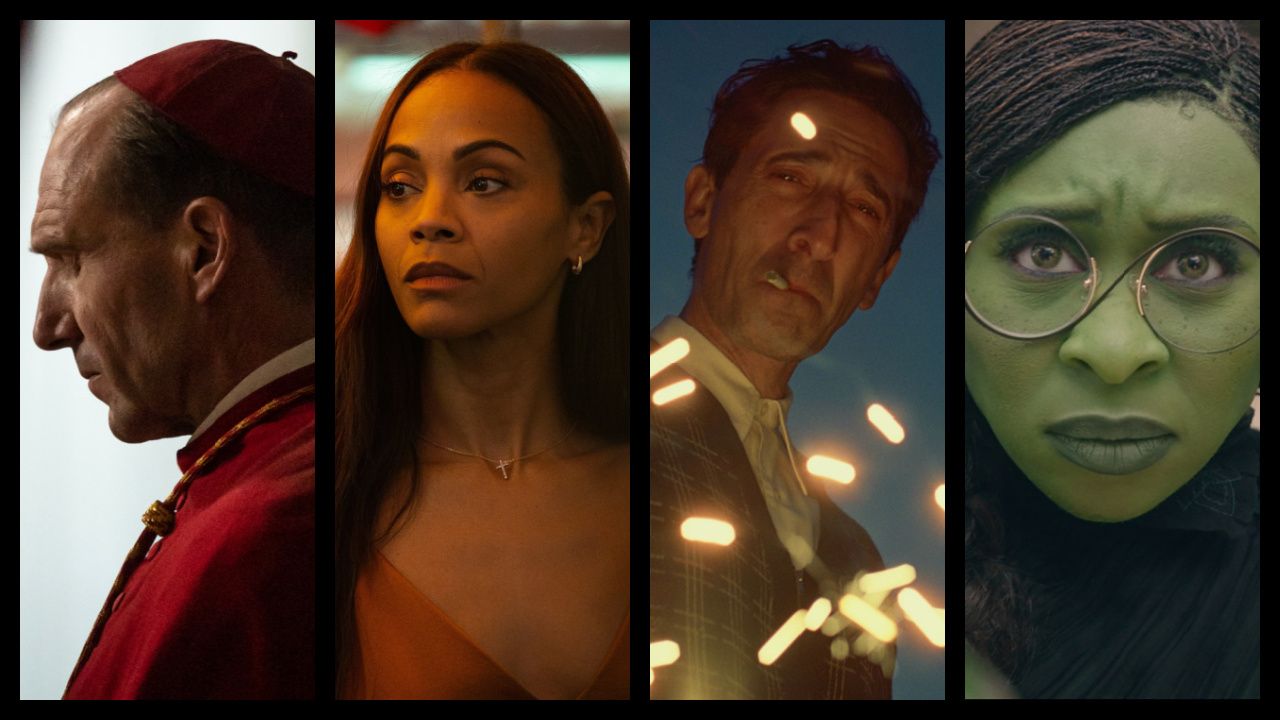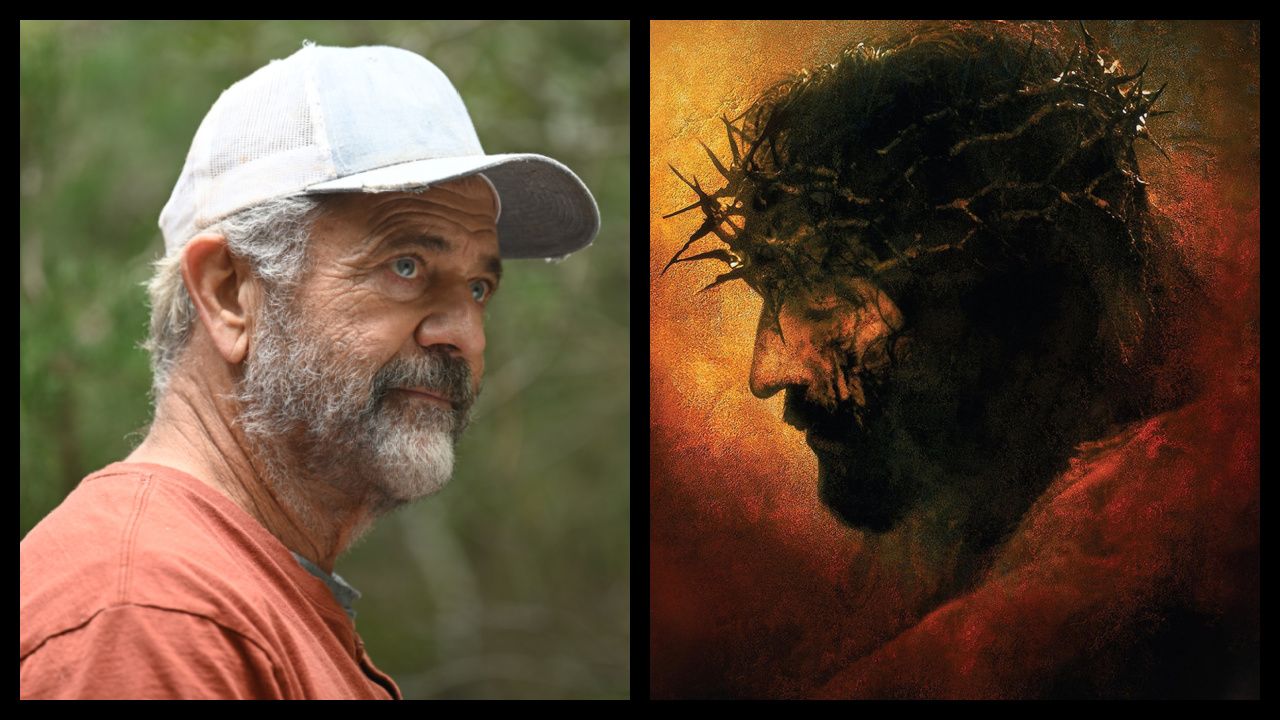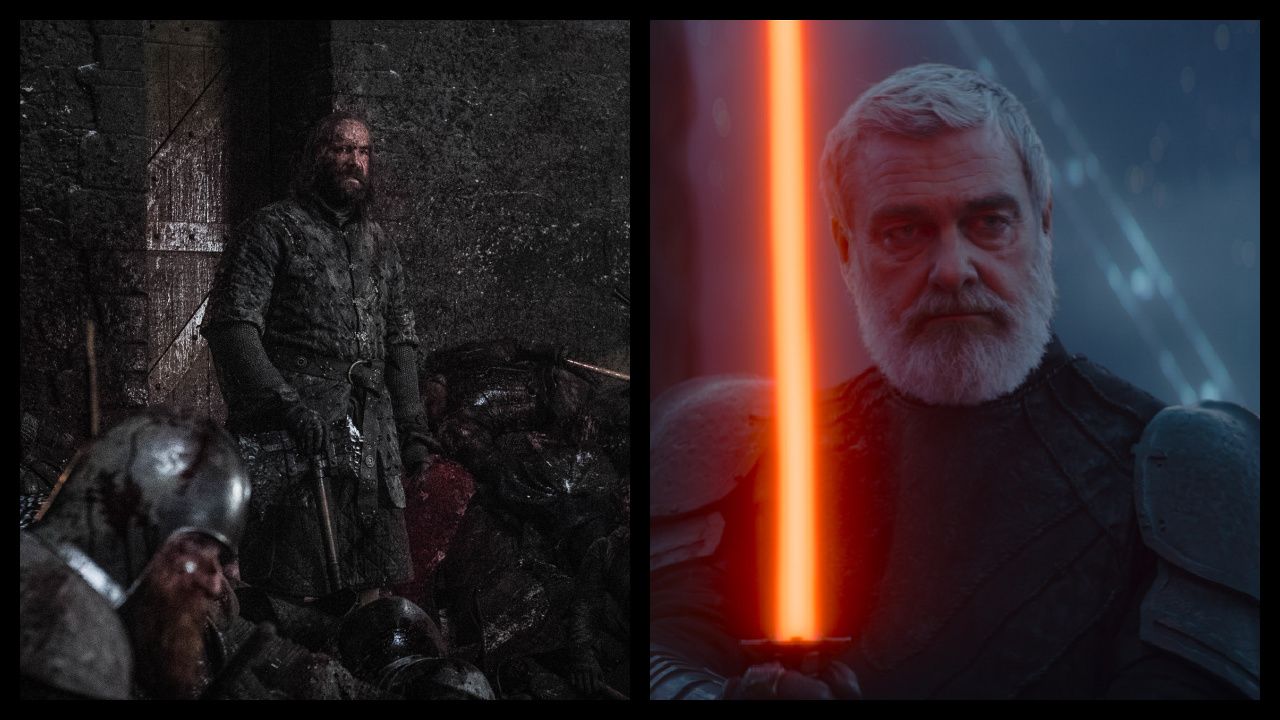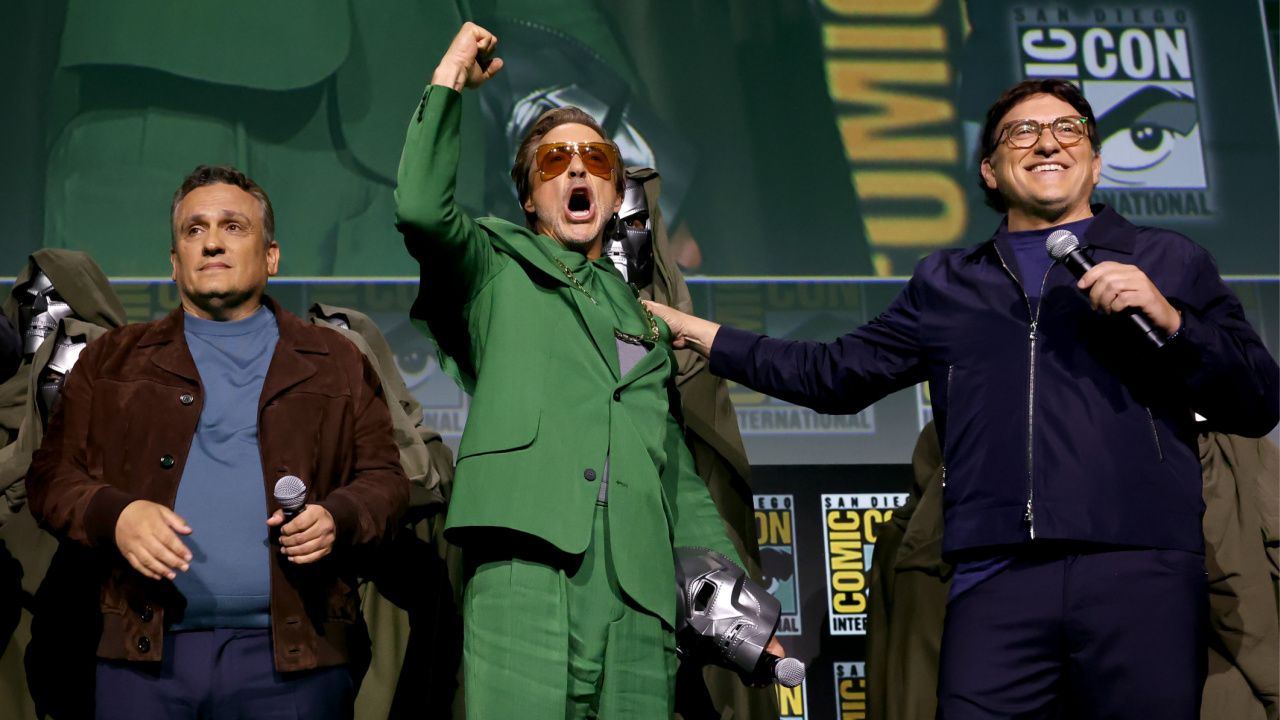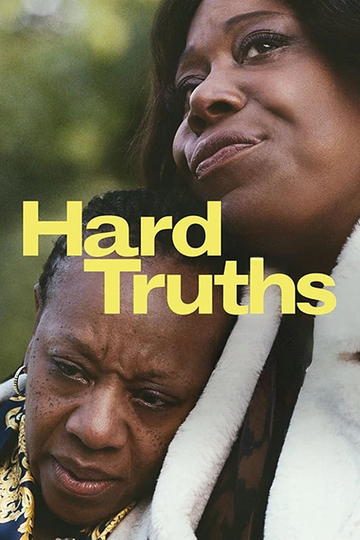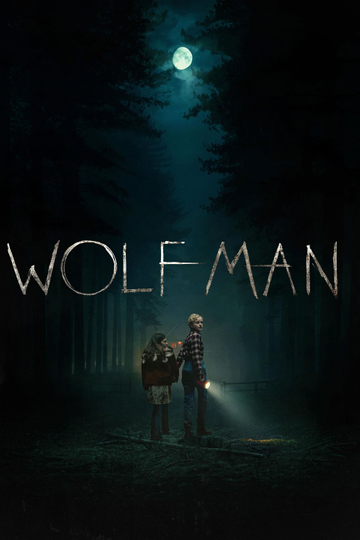Top Rated Movies by Actor/Directors
Ego manifests in strange ways, especially when fantasy is your profession. Some actors demand that no green M&Ms shall touch red M&Ms; some want a Thanksgiving-sized platter of gluten-free everything; others promise to explode should a lowly assistant dare to make eye contact.
Sometimes, though, it takes a touch of that same ego to make an actor realize, "Hey, I bet I can work both sides of the camera." And why not? With big-budget movie shoots lasting from a few months to more than a year, actors attend the most intensive film school possible -- right on the set. It's an education that has given us decades' worth of movies good enough to make everyone jealous of the multifaceted talent on display.
'Citizen Kane' (1941)
If there were lists like these 70 years ago, "Citizen Kane" would've been on them. If there are lists like this 70 years from now, "Citizen Kane" will be on them. Some clichés are clichés for a reason.
And those reasons are plenty, in this case. "Kane" is a film school on the screen. In its less than two-hour run time, it establishes techniques -- ranging from naturalistic, fast-talking dialogue to extreme close-ups and depth of field to rear projection -- that would define the way movies were made for decades to come. And even if you're not into filmmaking technicalities, the multi-perspective morality tale moves at a surprising clip for a 1940s movie.
Actor-director Orson Welles did all of this when he was 25 years old. Meanwhile, today's 25-year-old artists write songs about their butts.
'Easy Rider' (1969)
Ever since "Citizen Kane," it hasn't really been a surprise when an actor takes up the camera with solid results. It is a surprise, though, when an actor-director makes a movie that captures the spirit of an entire generation and changes the way indie movies are made forever.
But that's just what Dennis Hopper did when he directed "Easy Rider." Its freewheeling roots manifested not only in the movie's themes, but in its point-and-shoot filmmaking style. Humbly putting himself in a thankless role and letting Peter Fonda and Jack Nicholson take the cool-guy reins, Hopper acted like a cultural observer. And what he observed was the sex, drugs, music, and road-tripping adventure that defined the counterculture of the '60s, even as the '70s loomed with clouds shaped a whole lot like Nixon and Vietnam.
'Unforgiven' (1992)
In a lot of ways, Rawhide" was his grade school; the creation of the spaghetti Western genre alongside Sergio Leone was his high school; the eventual direction of gritty classics like "The Outlaw Josey Wales" and "High Plains Drifter" were his college thesis papers.
It makes sense, then, that Best Picture Oscar winner "Unforgiven" is a deconstruction of the whole Western genre -- before you can tear something down, you've got to know it inside out. There's no rootin' tootin' shootout in "Unforgiven," no black hats or white hats. Every bullet makes an impact, death counts, and every hero and villain is just a shade of gray. "Unforgiven" doesn't just deconstruct cowboy legends, it's a legend all its own.
'The Great Dictator' (1940)
If you want to prove the point that great themes and great movies are time-proof and trend-proof, look no further than Charlie Chaplin's "The Great Dictator." This ageless political satire not only has heart, smarts, and funnies, it has major cajones -- Chaplin released his Hitler-mocking masterpiece as German bombs were still falling on London.
You know Chaplin best as a silent film star, but when he spoke, it counted. When he looked right at the camera lens and said, "The hate of men will pass, and dictators die," even President Roosevelt took pause. And if it's good enough for Roosevelt, it's good enough for your movie night.
'Reds' (1981)
Here's one you can impress your intellectual friends with at parties. Years before the Technicolor bombast of "Dick Tracy," director-star Warren Beatty brought his leftie-journalist-in-1917-Russia opus to the screen. "Reds," which also brings Diane Keaton and Jack Nicholson along for the ride, is everything you'd expect from a truly skilled director taking on a political period piece -- a quick-witted screenplay, sumptuous cinematography, plentiful passion, and a whole lot of well-delivered idealism. Just so happens that skilled director is also the face on the poster.
Sources












